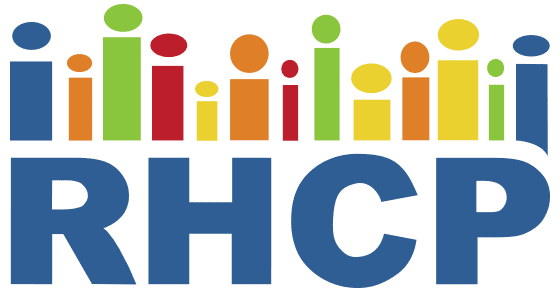Addressing COVID-19 inequities using bidirectional crisis and emergency risk communication and vaccine clinic interventions: a descriptive study
Im/migrants (immigrants and migrants, including refugees, asylum seekers, and individuals without legal documentation) experience unique assets and needs in relation to coronavirus disease 2019 (COVID-19). Community-based participatory research (CBPR) is one way to engage im/migrant communities.
Rochester Healthy Community Partnership (RHCP) is a CBPR partnership in Rochester, Minnesota. RHCP partners noted that credible COVID-19 information was not available to their communities. In response, RHCP formed a COVID-19 Task Force and adapted the Centers for Disease Control and Prevention’s Crisis and Emergency Risk Communication (CERC) framework to create an intervention that prioritized im/migrant groups experiencing health disparities.
In the CERC intervention, communication leaders delivered COVID-19 health messages to their social networks and documented related concerns. RHCP relayed these concerns to regional leaders to ensure that im/migrant experiences were included in decision making. Once vaccines were available, RHCP continued to deploy the CERC intervention to promote vaccination equity.
The aims of this paper are to (1) describe the implementation of a bidirectional CERC intervention for vaccination equity, and (2) describe a community-engaged and community-based vaccine clinic intervention.

